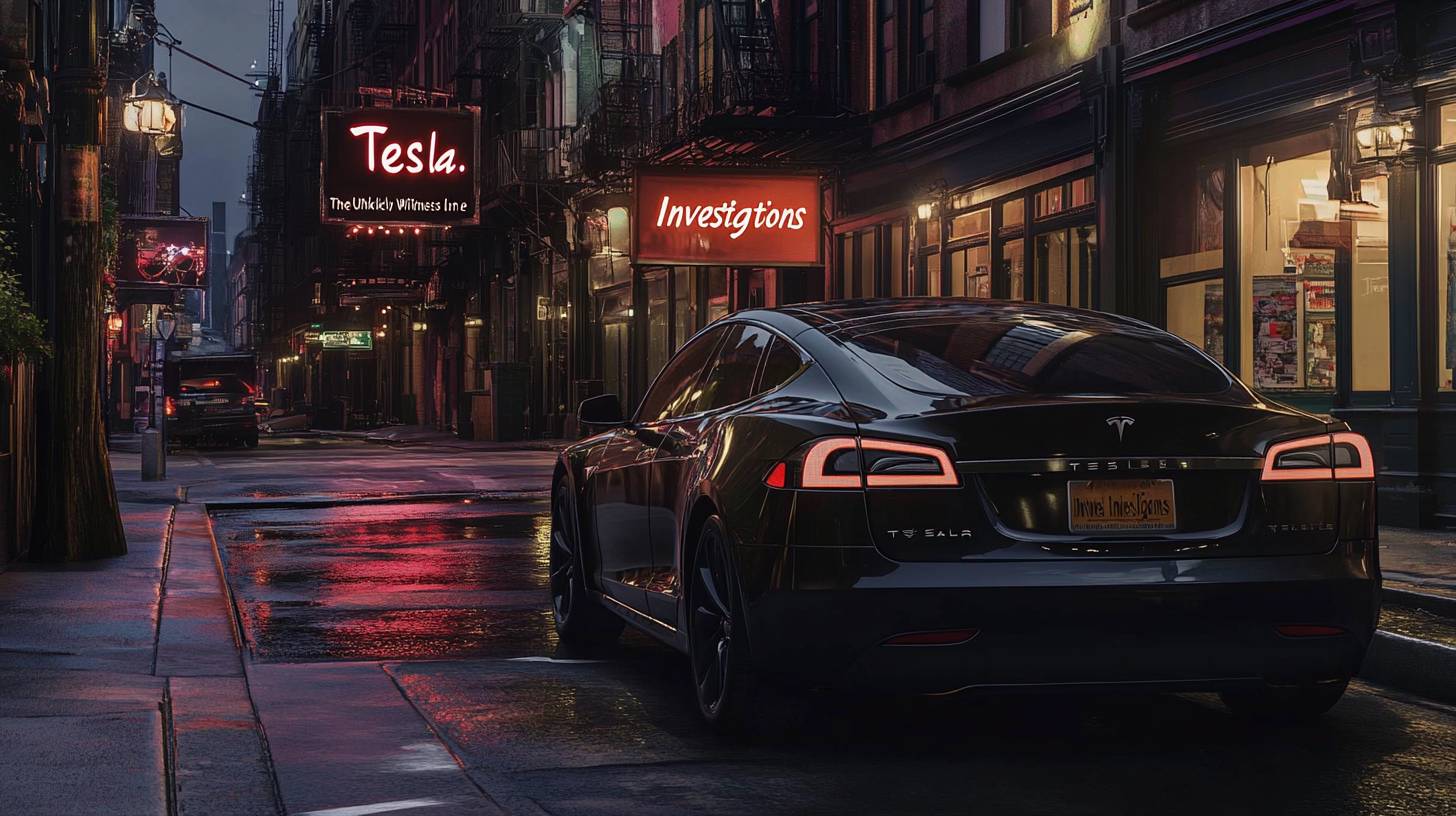
The Involvement of Tesla in Crime Scene Investigations
Recently, Tesla automobiles have surfaced as unforeseen resources in crime scene investigations, particularly within the San Francisco Bay Area. Police departments in cities such as Oakland and Richmond have increasingly relied on the video recordings from Tesla’s onboard cameras as invaluable evidence-gathering tools. These electric vehicles, frequently stationed near crime scenes, have unknowingly become witnesses, offering high-definition footage that can be pivotal in resolving cases.
For example, during a series of incidents from July to August, the Oakland police utilized footage from Teslas to support their investigations. On July 1, a Tesla parked across from an RV where a man was discovered with lethal stab and gunshot injuries became a crucial piece of evidence. The vehicle’s owner, a tourist from Canada, arrived just in time to allow the police to download the footage, avoiding the trouble of having his car towed.
In another instance on July 13, a Tesla Model X was among those towed by law enforcement after a 27-year-old woman was killed in a shooting outside a beauty supply store. The footage from the Tesla, in conjunction with other surveillance recordings, contributed to the subsequent apprehension and charging of two men with murder and additional felonies.
Even when no weapons or direct evidence are located inside the Tesla, such as on August 12 when a man with a gunshot wound was found in the backseat of his girlfriend’s vehicle, the car itself is frequently towed away. Authorities believe that the cameras may have documented crucial moments prior to or during the crime, making these automobiles a vital element of their investigative resources.
Concerns Over Privacy and Potential Risks
While incorporating Tesla vehicles into crime scene investigations has shown to be advantageous for law enforcement, it raises important privacy issues that must not be ignored. The very characteristic that renders these automobiles beneficial to police—constant video monitoring—also presents dangers to the privacy of Tesla owners and bystanders alike.
A key concern is the possibility of misuse of the footage recorded by Tesla’s cameras. Although Sentry Mode is turned off by default, when engaged, it continually captures the environment around the vehicle. This implies that even innocent bystanders near a Tesla could find their actions recorded without their awareness or approval. In a country like Australia, where privacy regulations are strict, this could lead to legal complications and public backlash.
Additionally, the ability for police to obtain a search warrant to access Tesla footage, even without the owner’s presence or permission, adds another level of complexity. This could establish a precedent where law enforcement increasingly depends on privately owned vehicles as surveillance mechanisms, potentially violating the rights of individuals uninvolved in any crime.
There’s also the possibility of data breaches. If the footage captured by Tesla’s cameras is inadequately stored or transmitted, it could be intercepted by unauthorized individuals, leading to potential misuse of personal data. In a time where data privacy is an escalating issue, the potential for such breaches might discourage prospective buyers from purchasing Tesla vehicles, especially in markets like Australia where consumer confidence is critical.
Moreover, the utilization of Tesla footage in investigations might disproportionately impact specific communities. For instance, in regions with a larger number of Teslas, such as wealthy neighborhoods, residents may experience more frequent surveillance compared to those in lower-income areas. This could intensify existing disparities and foster distrust between the public and law enforcement.
As Tesla continues to grow its market in Australia, these privacy issues must be addressed. Automakers, regulators, and law enforcement agencies need to collaborate to create clear regulations regarding the use of vehicle-captured footage in investigations. Without such protocols, the potential advantages of utilizing Teslas in crime scene investigations may be overshadowed by threats to individual privacy and civil rights.

